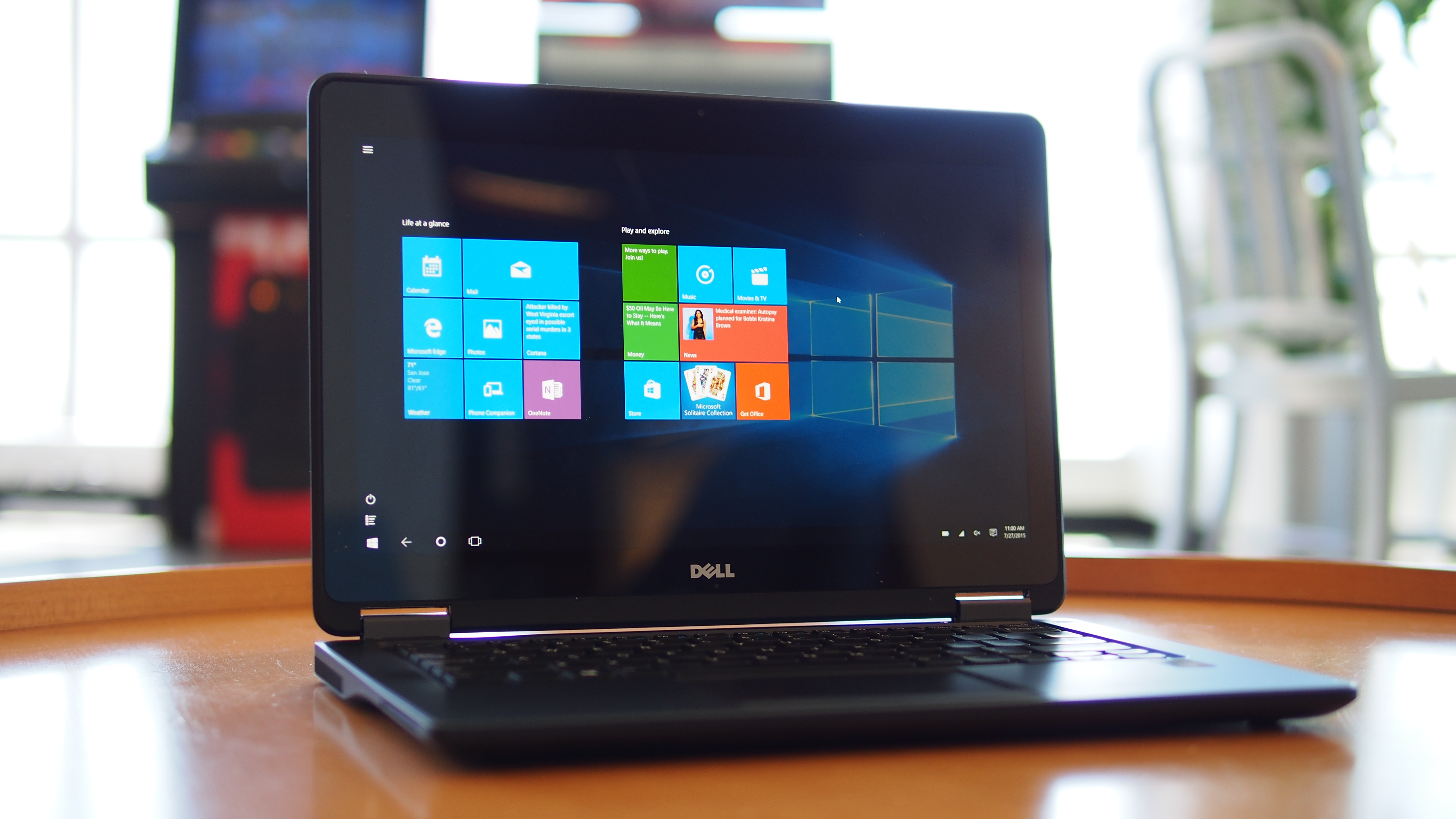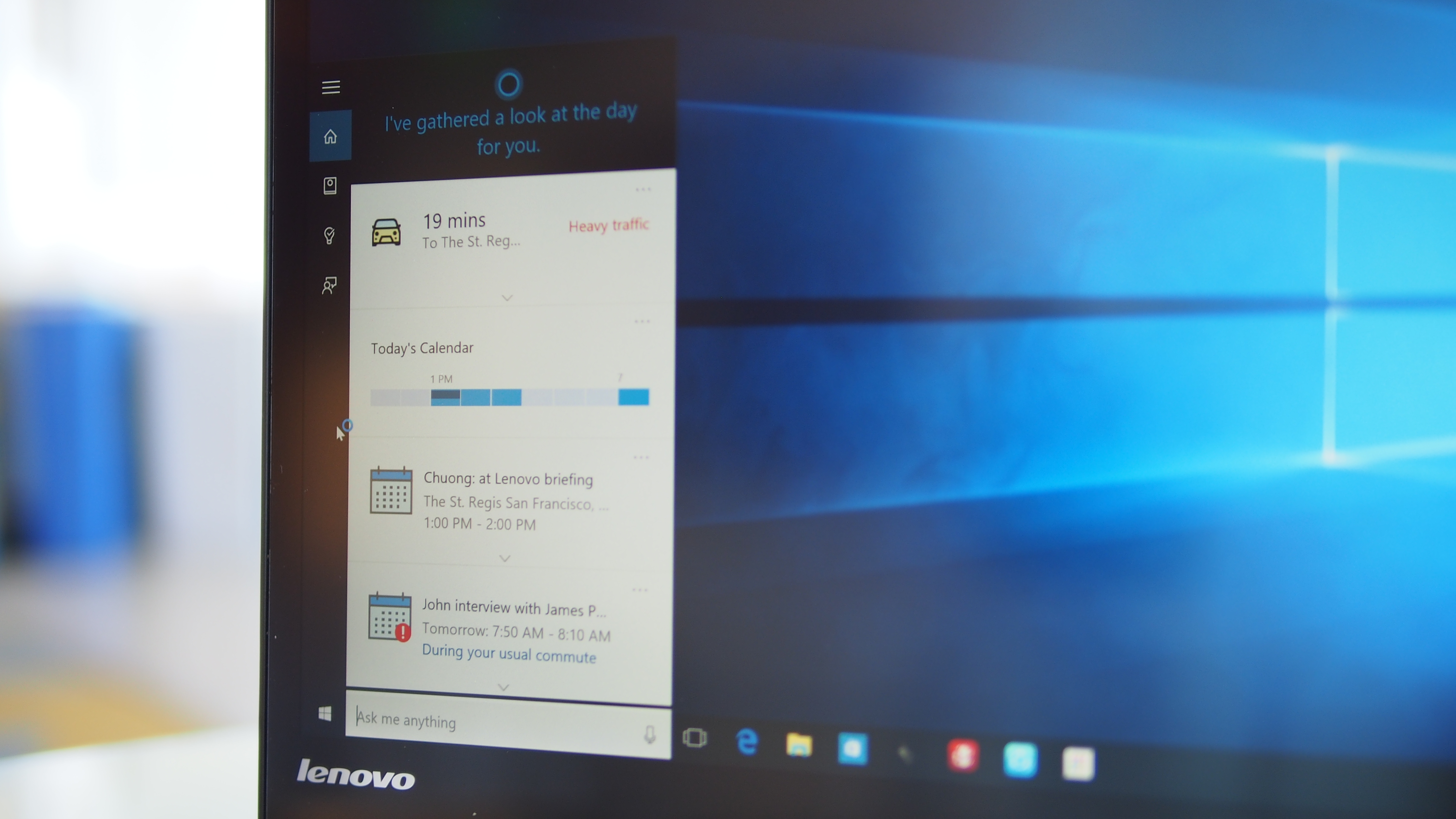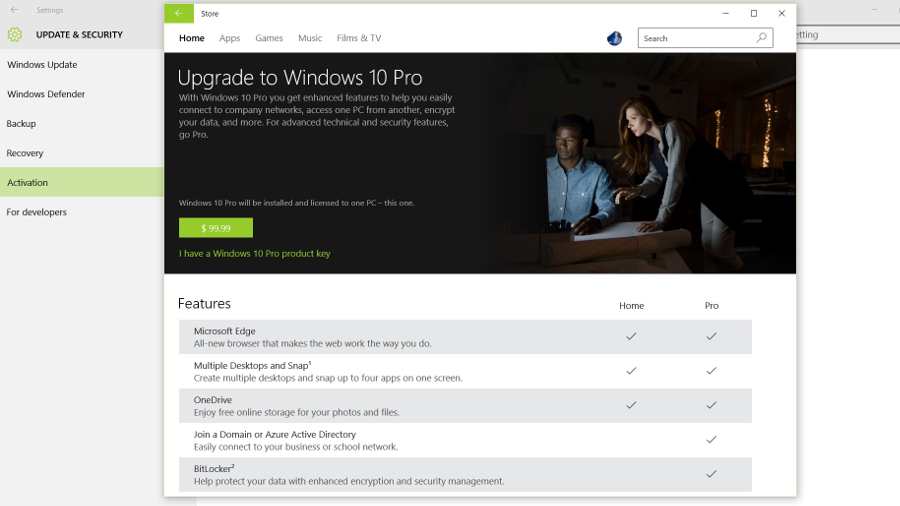Should your business upgrade to Windows 10?
The pros and cons of switching to Microsoft's newest OS

Windows 10 is the latest operating system to drop from Microsoft, but whether it is the greatest is debatable.
According to figures from StatCounter, Windows 10 ran on 14.86% of desktop PCs by the end of February this year. But Windows 7 remained the dominant OS with 46% of PCs running this software. Even the ancient Windows XP accounted for 7.61% of all PCs, despite support officially ending in April 2014.
Microsoft's own figures put Windows 10 as running on more than 200 million devices. And looking at other figures, it's safe to argue that businesses aren't lining up to put the OS on their computers.

Nothing new?
But why is that? Mike Hickson, managing director of LSA Systems, argues that while Microsoft has promised to focus on business consumers and their needs, how much its latest operating system branched out and brought something new and unique to the market is still under debate.
"Windows 10 can be praised for bringing voice command and a virtual assistant through Cortana, Enterprise Data Protection software as well as a self-updating operating OS under one roof," he says.
"However, when contrasting the amount of resources and time it takes to upgrade an entire company's PCs with an operating system that contains functions that can ultimately be found elsewhere, Microsoft has still not produced a feature that is unique and highly beneficial, which has not already been done to some extent in the tech industry."
Indeed, the main problem here is the perceived cost of updating all of the company's systems with many equating the move to a full hardware and software upgrade across the board. As a result of this some are choosing to delay the upgrade and some are staggering the move by upgrading as they replace old hardware which is also slowing up the process.
Are you a pro? Subscribe to our newsletter
Sign up to the TechRadar Pro newsletter to get all the top news, opinion, features and guidance your business needs to succeed!

Huge undertaking
Others argue that an OS migration is a huge undertaking and analysts recommend at least 12-18 months to prepare for such a project.
"As such, and despite apparent slow progress, there's a huge number of organisations that are in the process of upgrading and have been for some time – our customer conversations suggest two-thirds of organisations are looking to start migration projects now," says Andreas Fuchs, senior product manager at Heat Software.
Windows 8 wasn't a great success, but if Windows 10 'solved' the problems Windows 8 created, why is Windows 7 still so popular?
"First you need to ask: when is the right time to adopt a new OS?" says Fuchs. "The answer to which is when business apps are supported by the new OS and new hardware is purchased with the new, preloaded OS. While these criteria are not met, businesses are reluctant to upgrade."